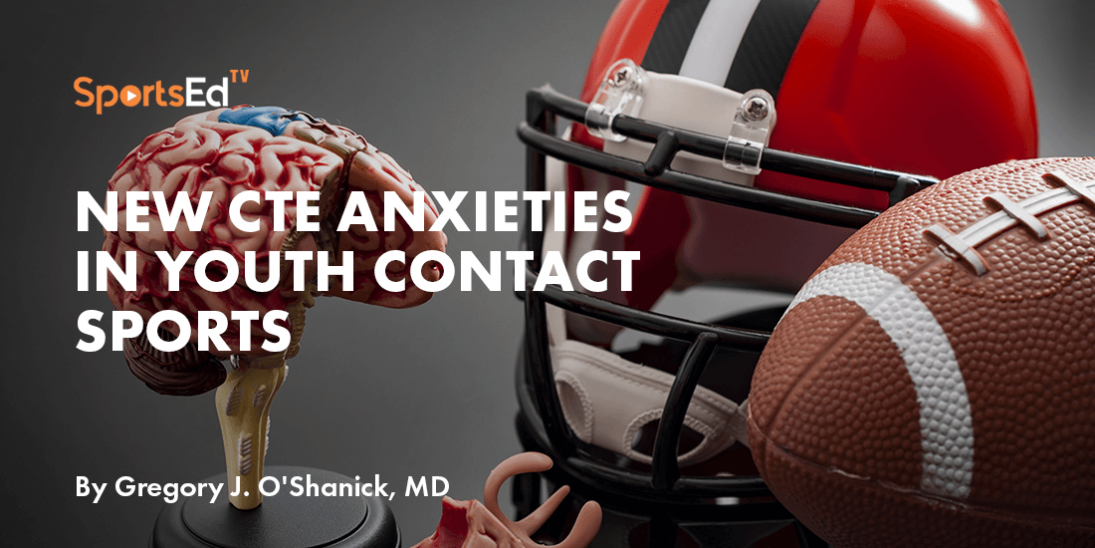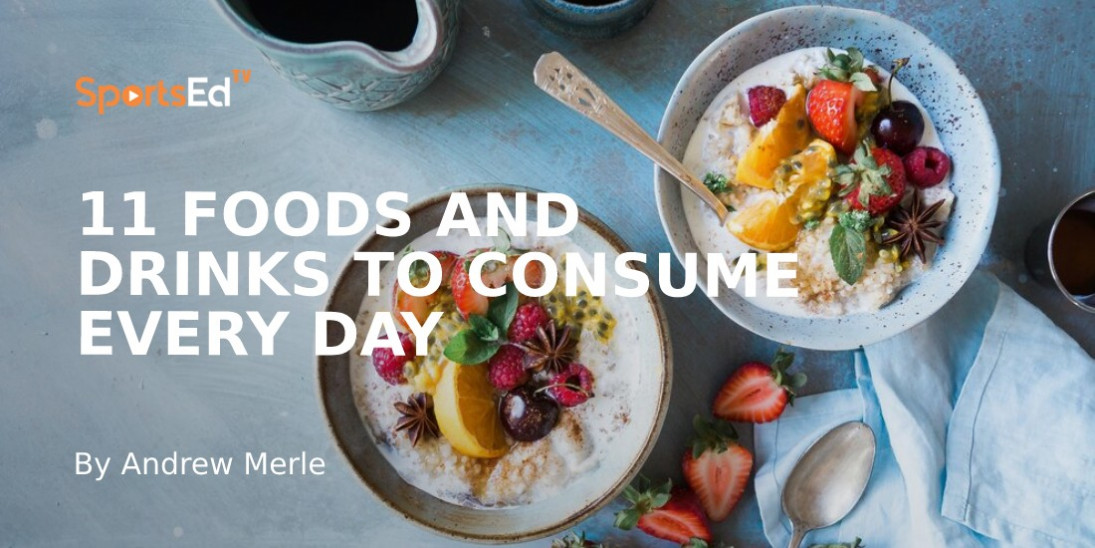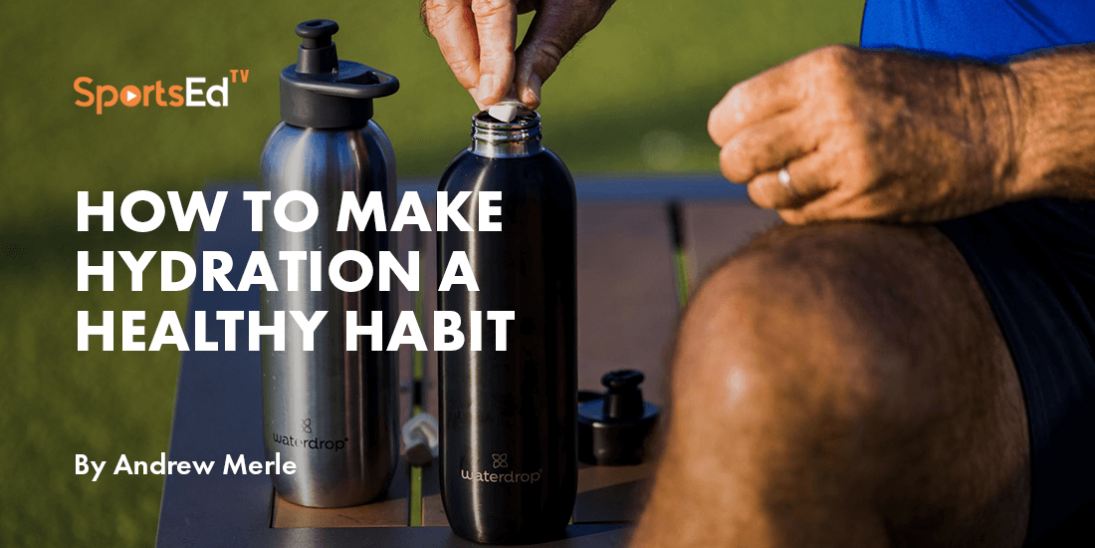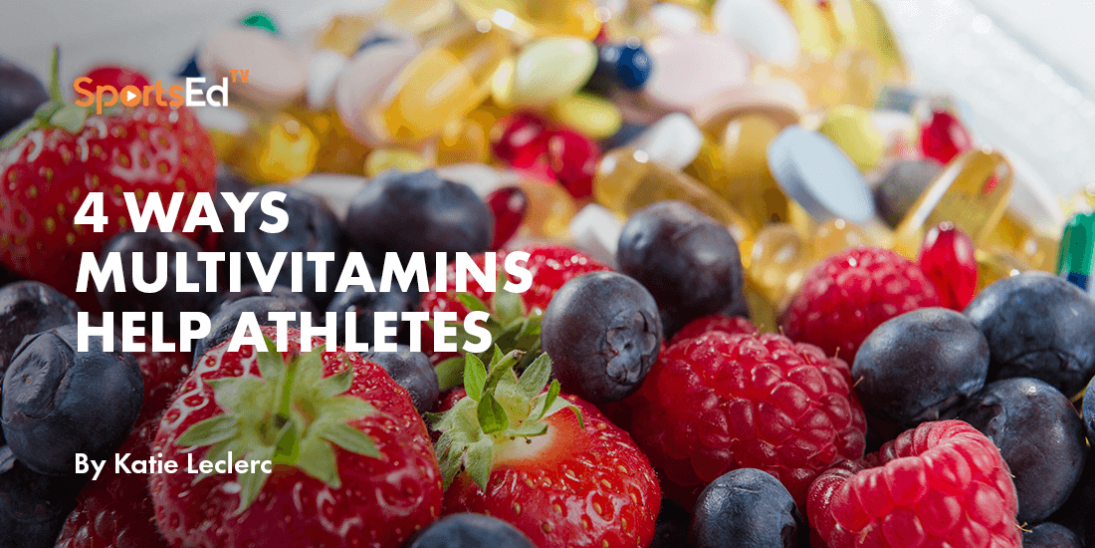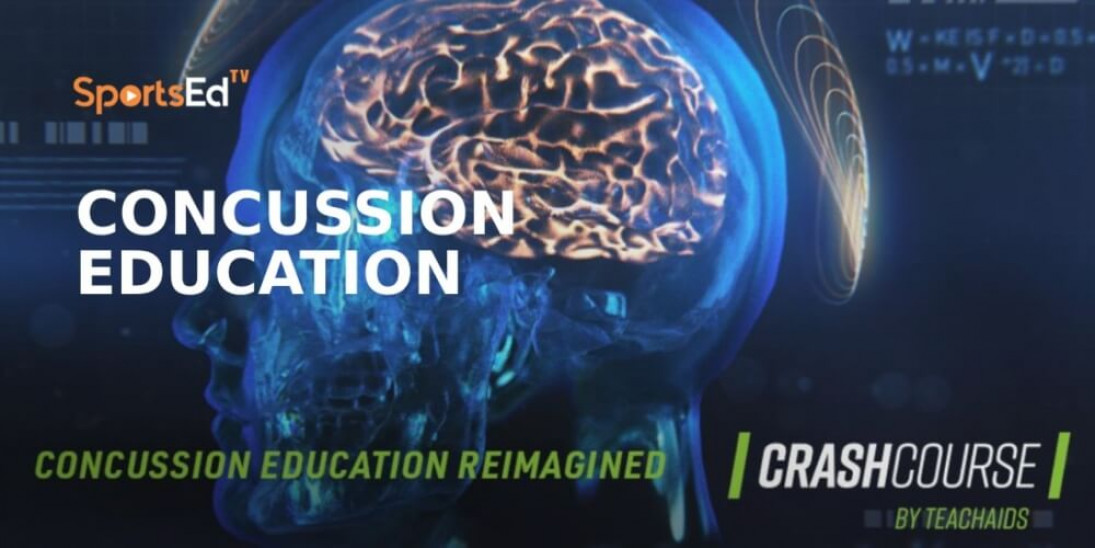Concussion, Nutrition
Welcome and thanks for visiting...

How Does Nutrition Affect Concussion Recovery
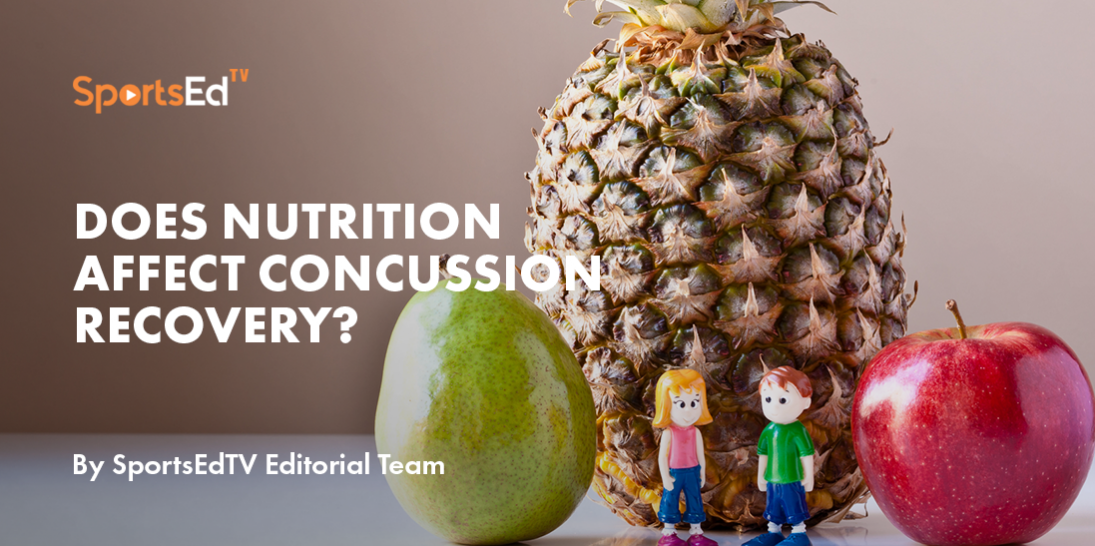
Are there foods that will heal a concussion? The simple answer is no.
But what about foods that will support the concussion recovery process? Are there nutrition plans to accelerate concussion recovery?
Those are the sort of questions our research team posed to sources like the Stanford-based Teach Aids, Brain Injury Canada, The Brain Injury Association of America, and SportsEdTV nutrition contributors.
What follows is a blend of their contributions to the subject. It is intended as information. Concussions are unique to individuals, and medical and nutrition-specific advice should be acquired from professionals.
While there are no food cures for concussions, studies show that specific nutrition plans and exercise can improve brain cognitive function. So, proper nutrition does play an important role in recovery, as do patience, commitment, and rehabilitation.
Certainly, some ingestions can harm concussion recovery, namely drinks high in salt, sugar, caffeine, and alcohol. Medications taken as prescribed and over-the-counter relief should be discussed with concussion physicians.
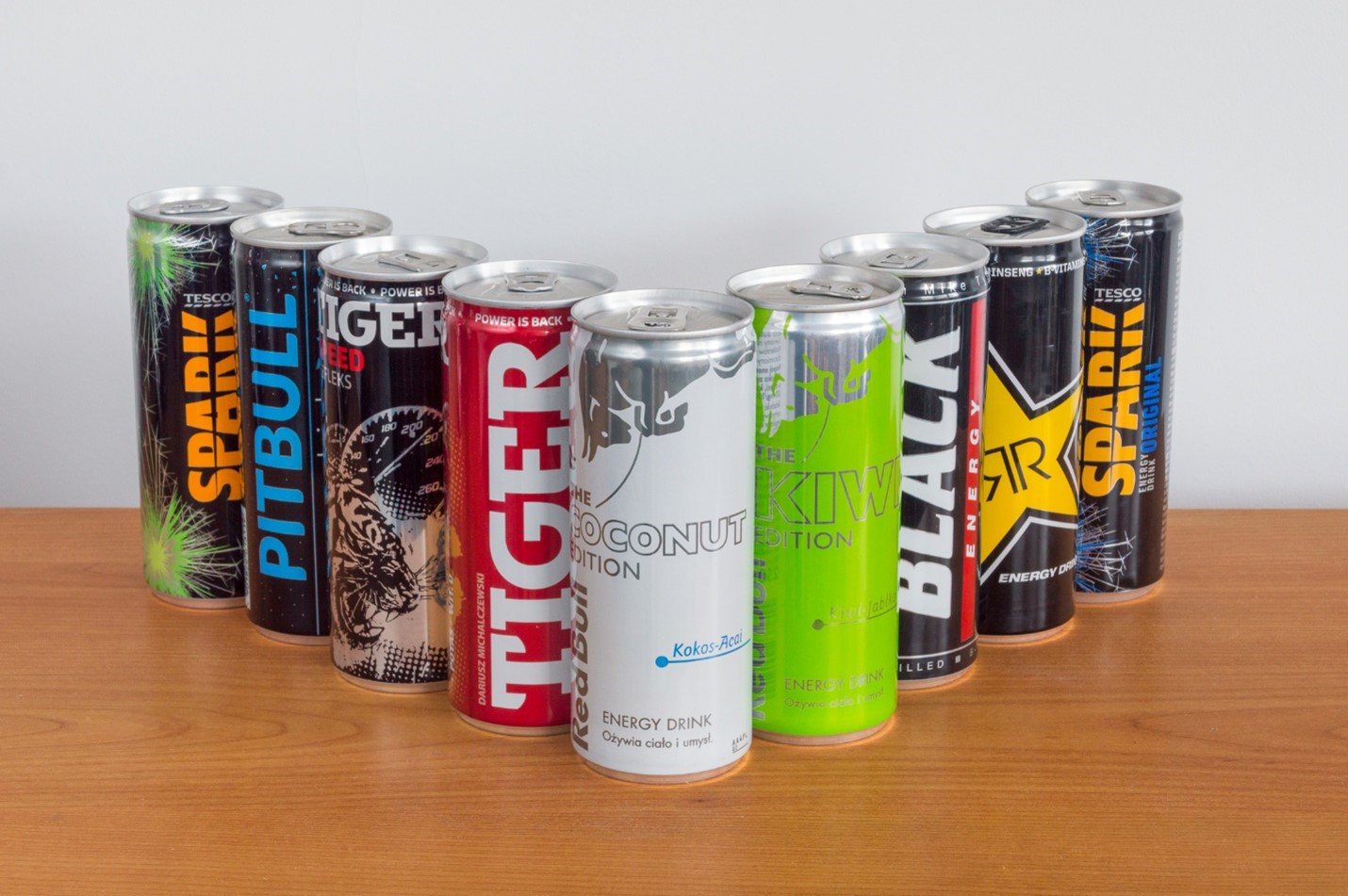
Among the other topics that our experts discussed were how nutrition does affect recovery and how to work with a nutritionist.
Pound for pound, the brain consumes more daily calories than other major body parts. When injured, the brain needs feeding even more, so good nutrition is key. Getting enough calories isn't alone in the needed-for-recovery process. It also needs protein, omega-3 fats, vitamins, minerals, and amino acids.
Here are the sorts of foods that will meet those requirements
Anti-inflammatory foods
Studies show inflammation following a brain injury can help improve pain, mood, and sleep. Foods rich in anti-inflammatories are fatty fish, healthy oils, flaxseed, vegetables, and lean proteins and vegetables.
Blood sugar (glucose) balance
Proper sugar levels—glucose—play a significant role. After an injury, the brain's ability to convert glucose into energy may be diminished and complicate the recovery. Foods such as fruit juices, raisins, and grapes have plenty of glucose. Monitoring blood sugar levels is recommended, as well as in consultation with a nutritionist to work out a plan.
Caloric intake
Developing an appropriate eating schedule, always unique to an individual should be done in consultation with a dietician, so planning meals and calorie needs can enhance brain function.
Curcumin
Curcumin is a yellow curry spice that has also been suggested to help recovery after brain injury, particularly in helping preserve cognitive abilities. Although the person would need a lot to have the results shown in the studies, even small amounts may help.
Healthy fats
Sixty percent of the brain is made up of fats. Healthy fat intake found in oils, nuts, and natural nut butter, as well as some fruits and vegetables such as avocados, which are taken in moderation, are good.
Evidence suggests that docosahexaenoic acid (DHA), an important form of omega-3 fatty acid can help improve neuronal function. Our bodies don’t naturally produce DHA, so this needs to be included in our diet.
Omega-3 fatty acids, a special form of fat, most commonly found in fish, have been shown to improve cognition and recovery of neurons after a traumatic brain injury.
Fruits and vegetables
Fruits and vegetables are the sources of the best vitamins and minerals the body requires. Each type has its unique blends so a brain-injured person is directed to get a wide variety in the daily menu.
Proteins and amino acids
Amino acids, the small components of protein, are used for the growth, repair, and maintenance of nearly every tissue in the body. The brain needs amino acids as well. People can get protein from fish, lean chicken, meats, eggs, legumes, some grains, nuts, and seeds. A dietitian can recommend ways to incorporate protein into meals and snacks.
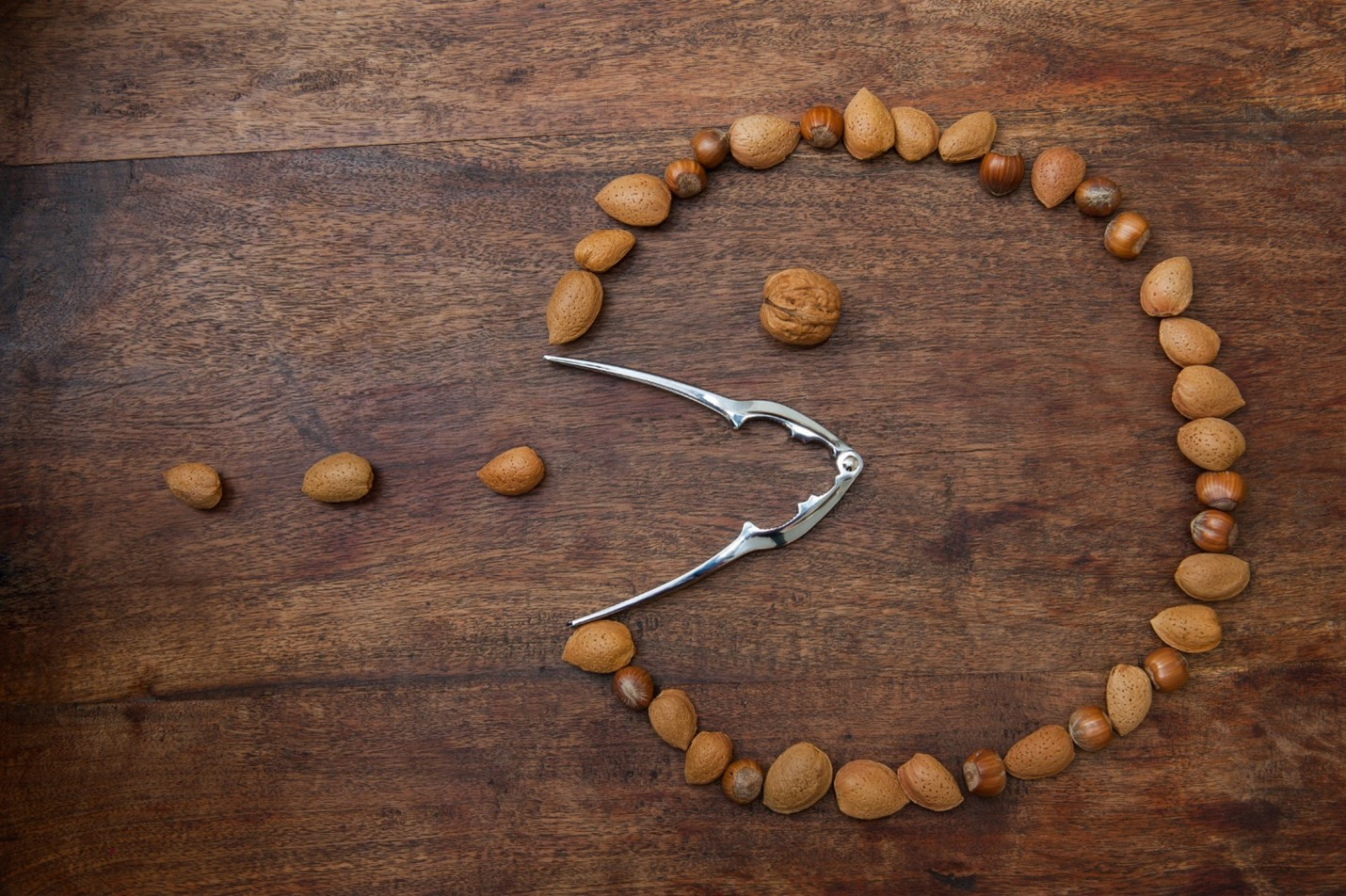
Vitamin E
Vitamin E is found in certain oils, nuts, and spinach and functions as an antioxidant, which helps make sure neurons can function as well as possible. There have been studies showing Vitamin E as an enhancer of neurological performance.
Water
Dehydration can slow down concussion recovery, especially if memory is affected. Remembering to drink water regularly during each day is important. Set alarms or mark large bottles as memory aids.
Whole grains
High-functioning brains and bodies require a lot of vitamin B. Whole grains like brown and wild rice and breads in the multi-grain versions keep the messaging pathways functioning between the brain and muscles. Avoiding processed bread and cereals is good advice in concussion recovery planning.
Factors Impacting Nutrition
The injury itself may change some functions that impact nutrition.
For instance changes in taste and smell may occur, as well as memory problems and reduced appetite are not uncommon.
These changes can cause difficulties in adjusting to new food requirements and the likes and dislikes of the injured. The support team should develop a food tracking system to introduce new foods and log their acceptance.
In cases where the appetite is impacted the support team should devise a memory jogger, so that meals are not skipped, or inversely too much is eaten. Developing step-by-step meal preparation keys is a good independence encouragement tool.
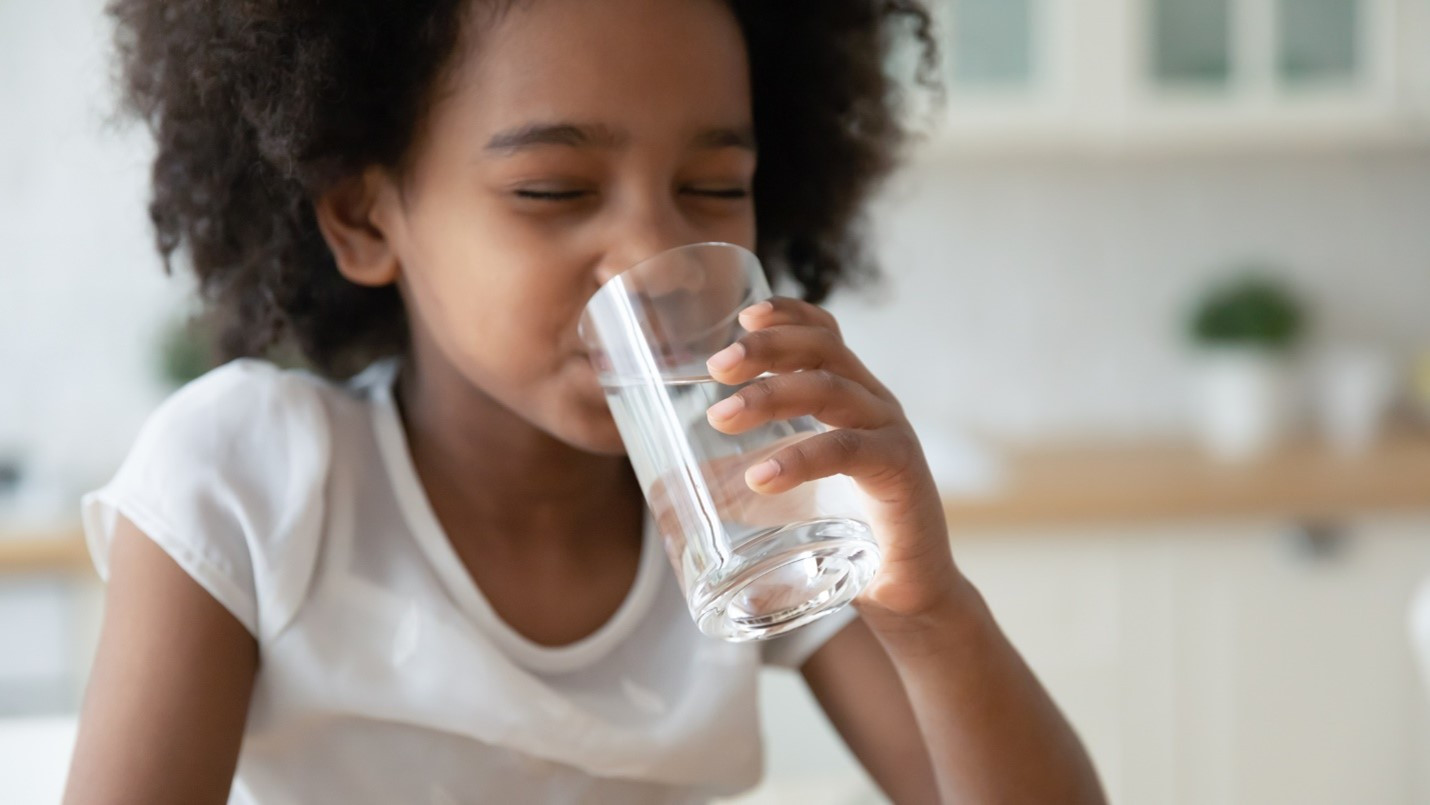
Maintaining a reviewable food journal is another exercise that is urged.
Nutrition is essential to the brain injury recovery process, and like the neurologist, whose medical advice is important, the nutritionist can contribute significantly to recovery.
When it comes to functions we have done independently for years, the tools and skills a nutritionist can bring to the recovery equation may feel like redundant learning, but it is not. It is professional advice and a professional working relationship will add to the quality and success of recovery.
Rehabilitation schedules, cognitive struggles, fatigue, and other effects of brain injury can make planning out a nutritious diet difficult for someone with a brain injury.
A dietitian is the best person to help them develop a specific and effective nutrition plan after their injury. The body will have different needs than someone else based on factors such as age, weight, gender, and activity.
A tailored plan is the best way to ensure that the person with a brain injury is getting the nutrients they need. Nutritionists can also make recommendations on how to get those proper nutrients and liquids safely if the person is experiencing problems with chewing or swallowing.




